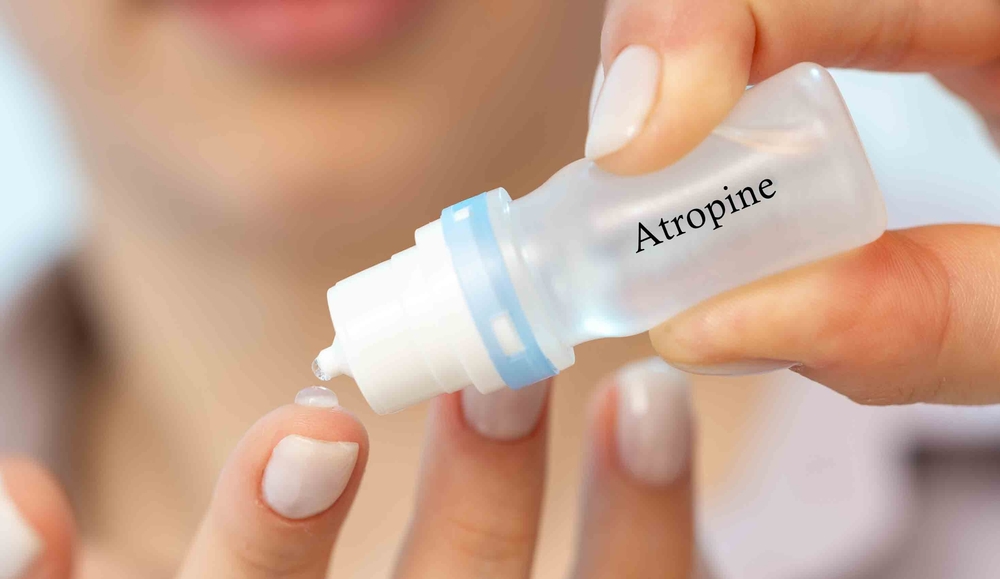Is It Safe to Use Atropine Eye Drops for Extended Periods?

Is It Safe to Use Atropine Eye Drops for Extended Periods?
As childhood myopia becomes increasingly common, more parents are turning to myopia management solutions to protect their child’s long-term vision. One of the most trusted tools in slowing myopia progression is atropine eye drops. But how do they work, and is it safe for children to use them over an extended period? At Texas State Optical, we believe in empowering parents with accurate information and a personalized care approach.
Why Do Children Need Myopia Management?
Myopia, or nearsightedness, is a condition where distant objects appear blurry while close-up vision remains clear. While glasses or contact lenses can correct this, they don’t address the underlying progression of myopia. Left unmanaged, myopia can worsen significantly as children grow, increasing the risk of serious eye conditions later in life such as retinal detachment, glaucoma, and macular degeneration.
Myopia management focuses on slowing the progression of nearsightedness to preserve long-term eye health. Early intervention is key, making it important for children to begin treatment as soon as signs of myopia appear.
How Atropine Eye Drops Work
Low-dose atropine eye drops have emerged as a leading solution for managing childhood myopia. These drops are applied daily and work by relaxing the eye’s focusing mechanism, which is thought to play a role in myopia progression. Studies show that atropine can significantly slow the lengthening of the eyeball, which is what causes nearsightedness to worsen.
Atropine eye drops are especially beneficial because they are easy to use, non-invasive, and suitable for young children. They can be used alongside glasses or contact lenses, allowing children to maintain clear vision while reducing myopia progression.
Are Atropine Eye Drops Safe for Long-Term Use?
Safety is a top concern for any parent considering long-term treatment. Fortunately, extensive clinical research has shown that low-dose atropine is both safe and effective when used over extended periods. Side effects are typically mild and may include slight sensitivity to light or difficulty with close-up vision, but these are rare and usually temporary.
Most children tolerate the drops well, even when used for several years. As with any treatment, regular monitoring is essential to ensure continued effectiveness and to make any needed adjustments over time.
Our Personalized Approach to Myopia Management
At Texas State Optical, we don’t believe in one-size-fits-all solutions. Our optometrists take the time to understand your child’s unique needs and develop a tailored myopia management plan that may include atropine drops, specialty contact lenses, or a combination of treatments. We monitor your child’s progress closely through regular eye exams and adjust the treatment plan as needed. Our goal is not only to manage vision today but to protect your child’s eye health for the future.
Get Started Today
Atropine eye drops are a safe and proven method for slowing myopia progression in children, even when used for extended periods. With early intervention and expert care, your child can enjoy clearer vision and reduced risk of serious eye conditions later in life.
If your child is showing signs of nearsightedness, schedule a pediatric eye exam at Texas State Optical to learn more about atropine eye drops for myopia management. Visit our office in Humble, Texas, or call (281) 360-5151 to book an appointment today.


